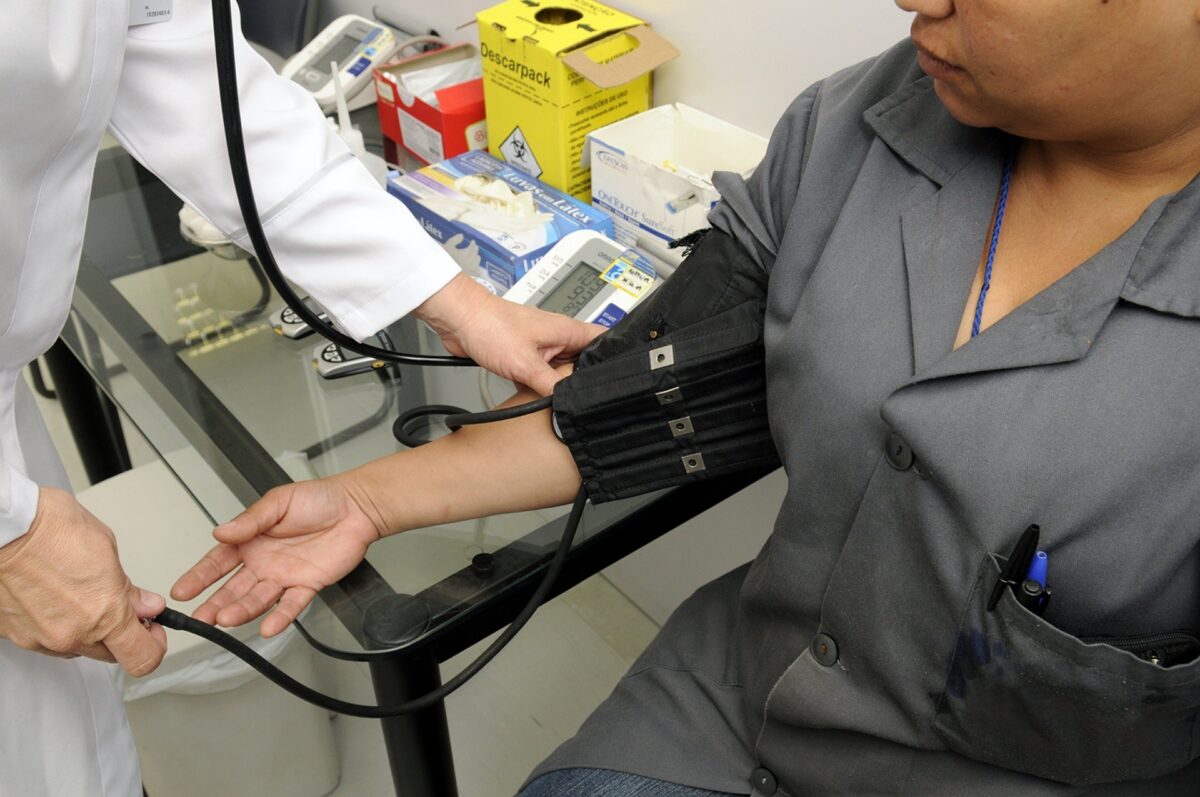Auto accidents, even seemingly minor fender benders, can lead to a range of injuries requiring prompt medical attention. While emergency rooms handle life-threatening situations, primary care physicians play a pivotal role in managing the aftermath of auto injuries, providing comprehensive care and coordinating long-term recovery.
The Role of Primary Care Physicians in Auto Injury Management
Primary care physicians are often the first point of contact for individuals following an auto accident. They provide a holistic approach to care, addressing both immediate concerns and long-term recovery needs.
- Initial Assessment and Diagnosis:
- Conducting a thorough physical examination to identify injuries.
- Reviewing medical history and accident details to understand the extent of trauma.
- Ordering diagnostic tests, such as X-rays, CT scans, and MRIs, to assess internal injuries.
- Diagnosing common auto injuries, including whiplash, soft tissue injuries, and minor fractures.
- Treatment and Management:
- Providing immediate care for minor injuries, such as wound cleaning and dressing.
- Prescribing pain medication and anti-inflammatory drugs to manage pain and swelling.
- Coordinating referrals to specialists, such as orthopedic surgeons, neurologists, and physical therapists.
- Monitoring recovery progress and adjusting treatment plans as needed.
- Coordination of Care:
- Acting as a central point of contact for all healthcare providers involved in the patient’s care.
- Ensuring seamless communication and collaboration between specialists, therapists, and other healthcare professionals.
- Facilitating access to necessary resources and support services.
- Providing guidance on insurance claims and documentation.
Common Auto Injuries Managed by Primary Care Physicians
- Whiplash:
- Neck pain, stiffness, and headaches caused by sudden neck movements.
- Primary care physicians can diagnose whiplash and prescribe pain medication, muscle relaxants, and physical therapy.
- Soft Tissue Injuries:
- Sprains, strains, and contusions affecting muscles, ligaments, and tendons.
- Primary care physicians can manage these injuries with pain medication, ice packs, and compression bandages.
- Minor Fractures:
- Fractures of small bones, such as fingers, toes, and ribs.
- Primary care physicians can provide initial treatment and refer patients to orthopedic surgeons for further management.
- Concussions:
- Mild traumatic brain injuries causing headaches, dizziness, and confusion.
- Primary care physicians can monitor concussion symptoms and provide guidance on recovery.
- Back Pain:
- Pain in the lower or upper back caused by muscle strains, herniated discs, or spinal injuries.
- Primary care physicians can prescribe pain medication, physical therapy, and other conservative treatments.
Benefits of Primary Care in Auto Injury Recovery
- Continuity of Care:
Primary care physicians have a long-term relationship with their patients, providing consistent and personalized care. - Holistic Approach:
Primary care physicians address both physical and emotional aspects of recovery, considering the patient’s overall well-being. - Cost-Effectiveness:
Primary care visits are generally less expensive than emergency room visits or specialist consultations. - Convenience:
Primary care offices are often conveniently located and offer flexible appointment scheduling. - Personalized Attention:
Primary care physicians provide individualized care, tailoring treatment plans to meet the patient’s specific needs.
FAQs
1. When should I see my primary care physician after an auto accident?
It’s advisable to see your primary care physician within a few days of the accident, even if you don’t have immediate symptoms.
2. What should I bring to my primary care appointment?
Bring your driver’s license, insurance information, accident report, and any medical records related to the accident.
3. Can my primary care physician refer me to specialists?
Yes, primary care physicians can refer patients to specialists as needed.
4. Will my primary care physician help with insurance claims?
While they do not handle the full insurance process, they can provide medical documentation and support your claims.
5. How long will it take to recover from auto injuries?
Recovery time varies depending on the severity of the injuries. Your primary care physician will monitor your progress and adjust your treatment plan accordingly.
Conclusion
Primary care physicians are indispensable partners in the journey to recovery following an auto accident. Their expertise in diagnosis, treatment, and coordination of care ensures patients receive the necessary support to heal and return to their normal lives. By establishing a strong relationship with your primary care physician, you can navigate the challenges of auto injury recovery with confidence and resilience.
Walk in to our Primary care for auto injuries treatment (469) 200-5974 or visit us https://scclittleelm.com/

